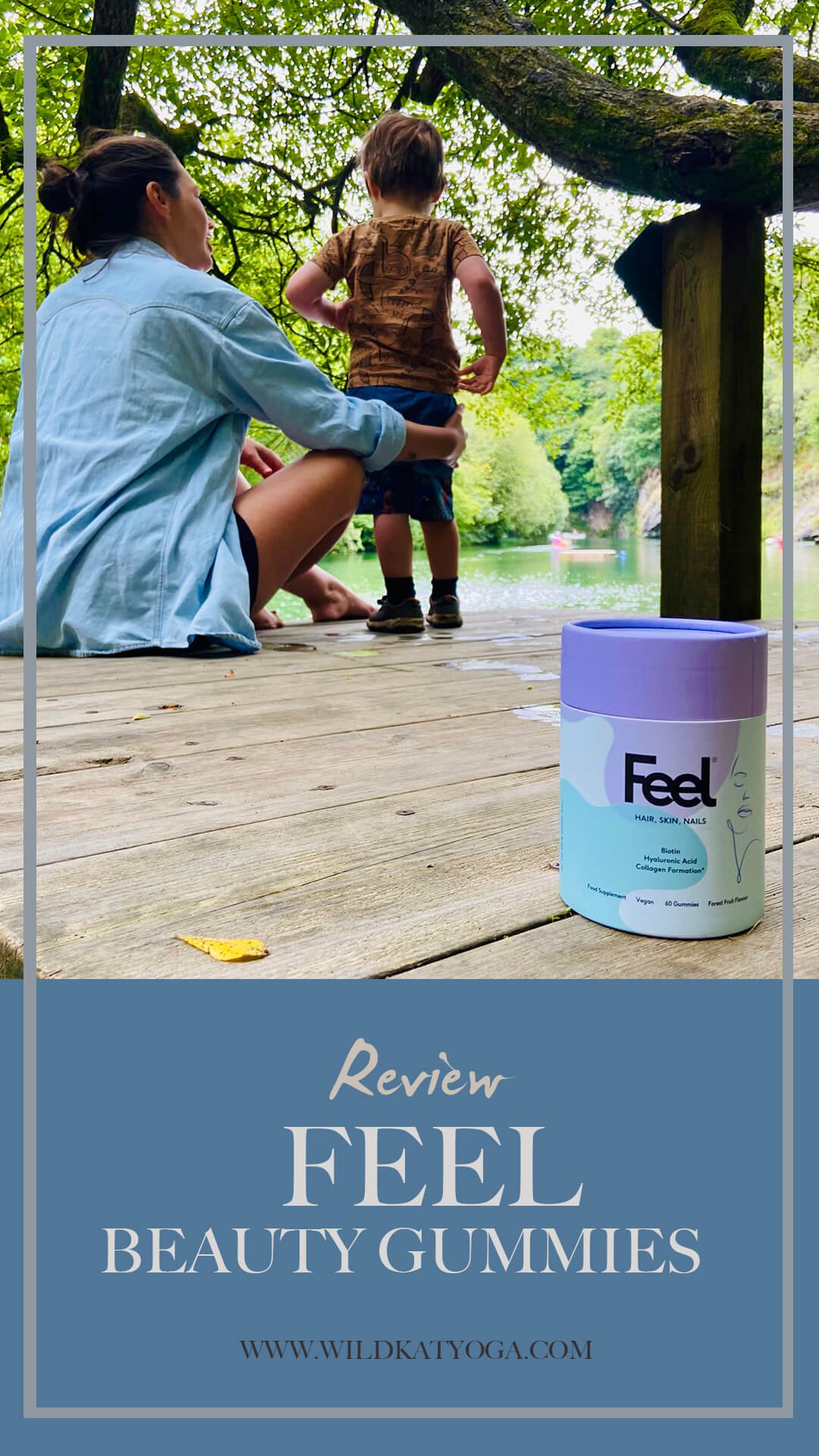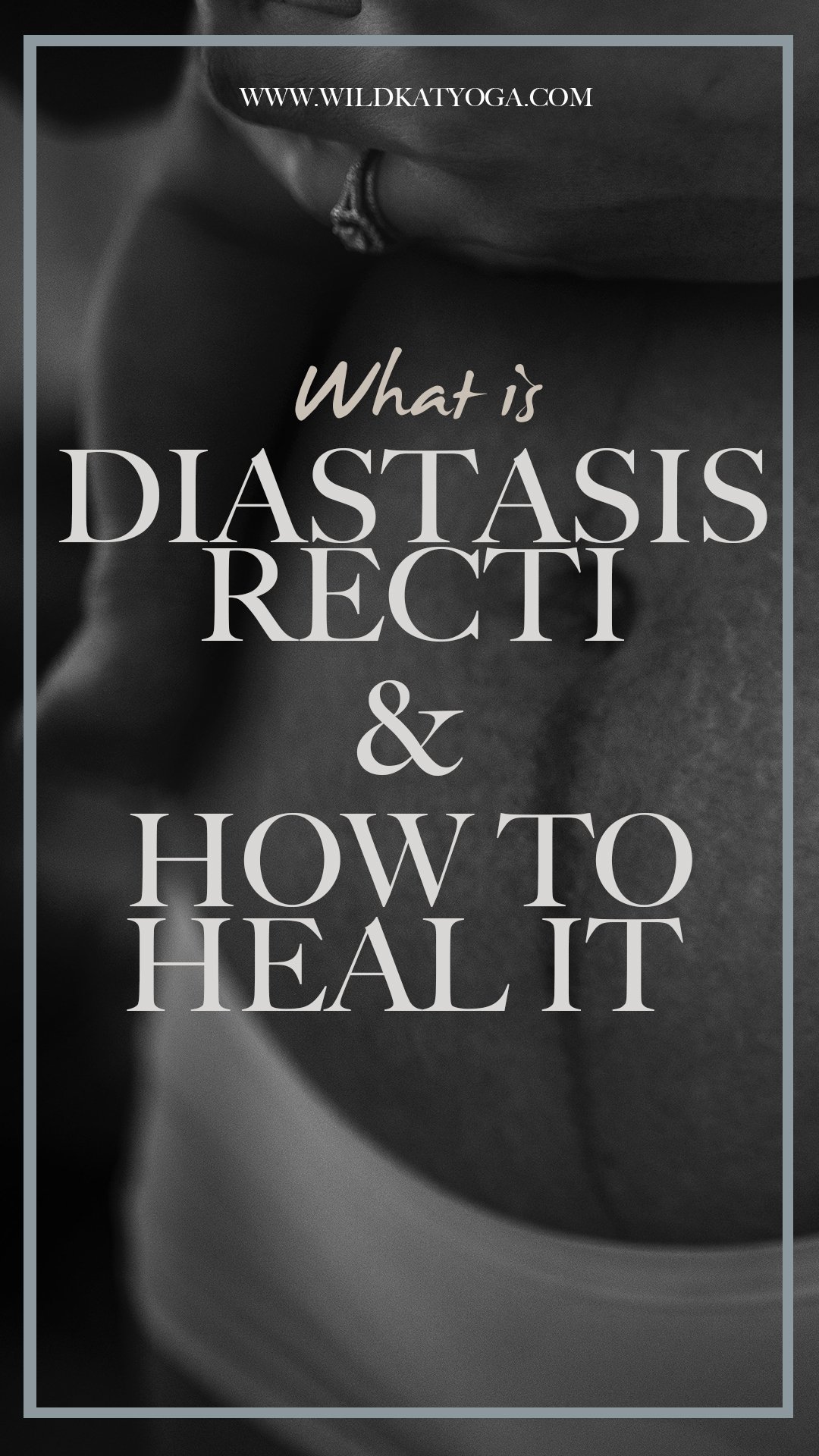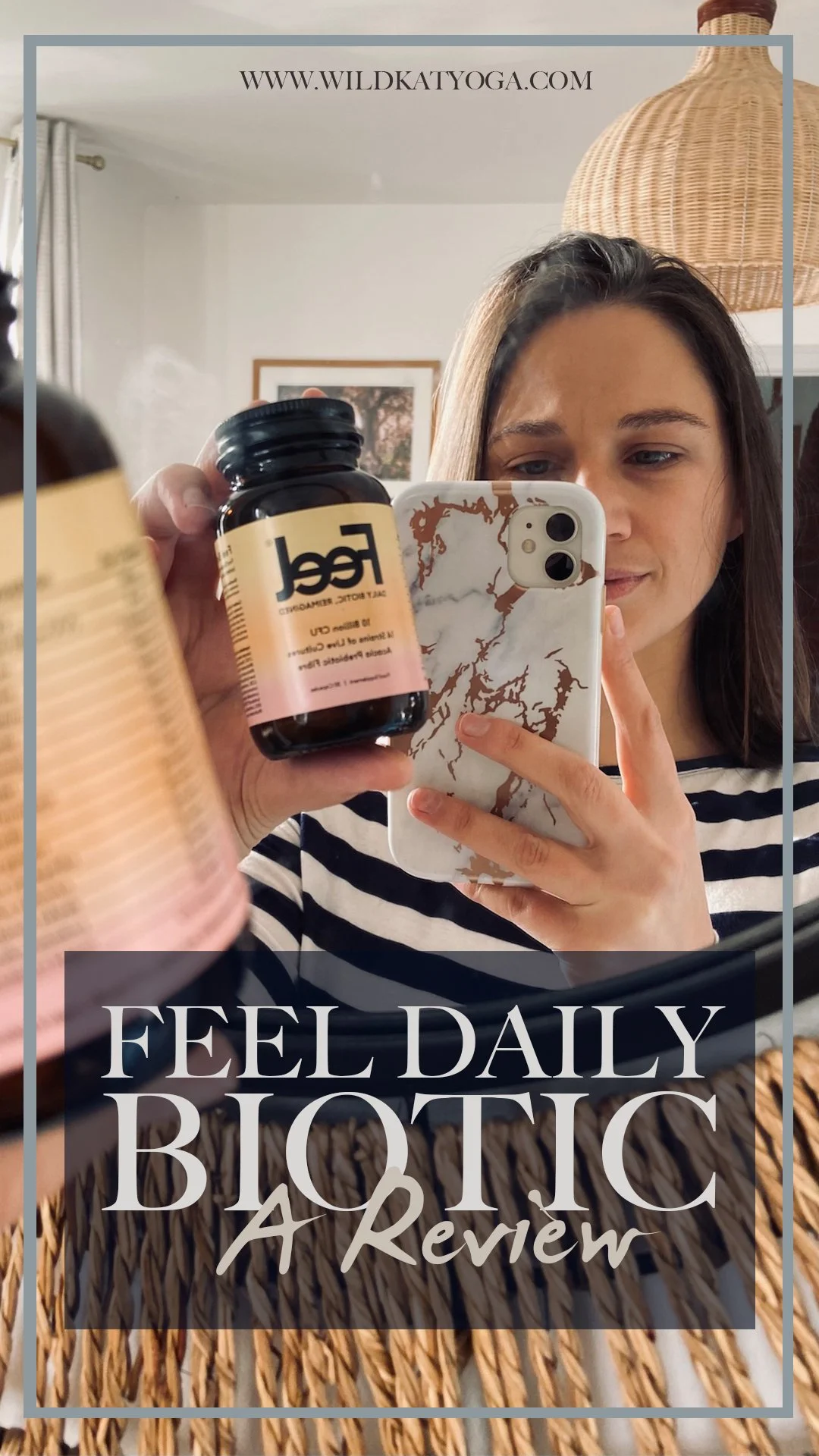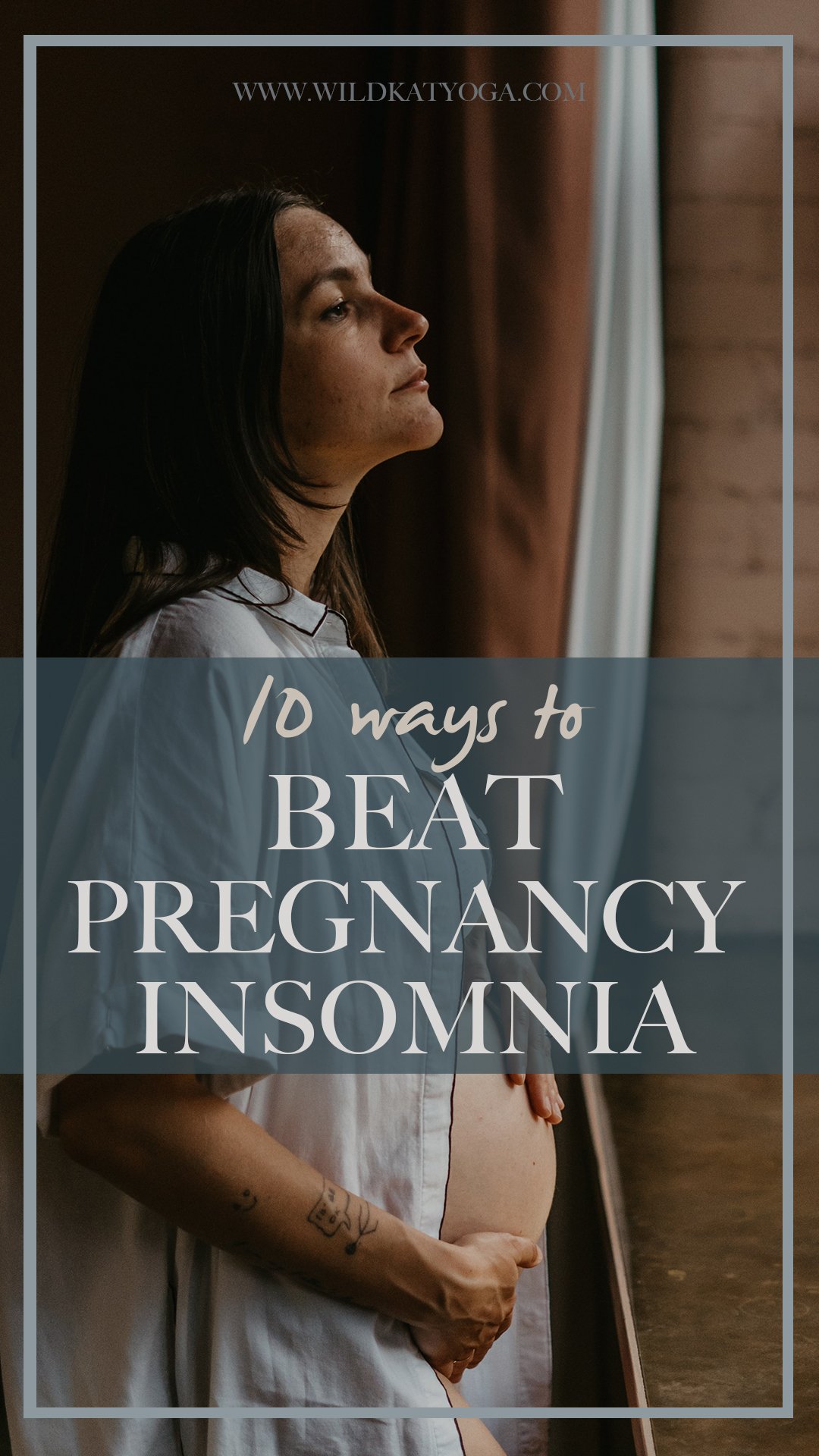The 7 Step Happiness Challenge
Hello, may I sit next to you on this emotional rollercoaster called Life and share a few tidbits?
I had some extremely dark days in my late teens and early twenties and at the time I simply accepted it. I always thought that I would be happy when I was successful; when I could find a good job, make a lot of money, buy a big house or find a good looking boyfriend. And over the years, I worked for or waited on these things and sometimes I even had them, but I would still find myself stuck in these familiar ruts of despair. I just couldn’t shake it!
Over the years I’ve learned that happiness starts and ends with me. Finding lasting happiness means working on myself, from the inside out and it was hard work. It took,
1. Recognition; that I was in a dark place.
2. Understanding; that the darkness was not happening TO me but as result of my choices. I was not powerless.
3. Strength; to take responsibility and make better choices.
This blog post contains affiliate links, which means that if you make a purchase through some of the links I provide I can earn a small commission at no cost to you. Thanks for your support.
So if this sounds like you and you’re eager to get out of your own way, to do the work and to find long-term happiness then buckle up; your 7 Step Happiness Challenge is incoming!
Assess your gut health.
When I was in college I suffered badly with insomnia. Until someone once told me, in passing, that removing gluten from their diet helped them sleep better (more on how sleep effects your mood further down). I cut out ALL gluten for a full month and my life changed completely - I could sleep 7hrs straight, my digestion improved (I was suddenly, ahem, regular) and because of this my mood improved.
Since then I eat gluten in controlled amounts and I notice the difference instantly if I over-do it. I’m not suggesting you do the same, but I AM suggesting you spend time understanding the connection between your gut and your brain aka the gut-brain axis.
The gut-brain axis (GBA) consists of bidirectional communication between the central and the enteric nervous system, linking emotional and cognitive centers of the brain with peripheral intestinal functions. Recent advances in research have described the importance of gut microbiota in influencing these interactions. This interaction between microbiota and GBA appears to be bidirectional, namely through signaling from gut-microbiota to brain and from brain to gut-microbiota by means of neural, endocrine, immune, and humoral links. - NCBI
Diet changes that facilitate a healthy gut:
Eat your greens
Leafy greens, such as spinach or kale, are excellent sources of fiber, as well as nutrients like folate, vitamin C, vitamin K and vitamin A. Research shows that leafy greens also contain a specific type of sugar that helps fuel growth of healthy gut bacteria. “Eating a lot of fiber and leafy greens allows you to develop an ideal gut microbiome,” says Lee, referring to the trillions of organisms that live in the colon. - HopkinsMedicine.org
Cut down on sugar
Diets high in sugar increase chronic inflammation. Sugar contributes to the formation of harmful biochemical compounds that spike inflammation. Sugar and refined carbohydrates cause unhealthful, inflammation-boosting changes to gut bacteria—now recognised as a key regulator of overall health. - Psychology Today
Take a Collagen supplement
Collagen is a protein and protein is super important for structuring and regulating body tissues. You guessed it, this includes the gut. From beginning to end the adult digestive tract is about 30 feet long - that's a lot to structure and a lot to regulate! Amino acids delivered to the body by hydrolysed collagen peptides are used to heal and seal the gut. They provide the building blocks from which to make new collagen which helps to maintain and repair the intestine. - Hunter & Gather Foods
2. Cut down ON the coffee.
Coffee can actually do a lot of good, not least help get you fired up and ready for that big early morning presentation, but the side-effects of too much caffeine are far reaching! Too much caffiene can cause over-stimulate the brain causing frustration and confusion. Withdrawal can also cause irritability and headaches.
At a minimum, you may feel more energetic, but over time, too much caffeine may cause withdrawal symptoms. According to the Mayo Clinic, it’s safe for most healthy adults to consume up to 400 milligrams of caffeine per day. Keep in mind that a standard size cup of coffee is eight ounces. If you’re using a mug or getting your fix at a coffee house, chances are you’re drinking 16 ounces or more, so reading labels is important. - Healthline
3. GET OUTSIDE.
According to TCM (Traditional Chinese Medicine), one of the best an easiest ways to increase your Qi (energy) is to spend time in nature. And this theory is strongly supported by Western Medicine too:
The medical community is increasingly viewing green space as a place for their patients to reap physical and mental health benefits. Some physicians, like Dr. Robert Zarr, a pediatrician in Washington, D.C., are even writing prescriptions for it.
These “nature prescriptions” — therapies that are redeemable only outdoors, in the fresh air of a local park — advise patients to spend an hour each week playing tennis, for instance, or to explore all the soccer fields near their home. The scripts are recorded in his patients’ electronic health records. - Time Magazine
4. Get moving.
A little over a year ago, I was feeling completely run down, tired and unmotivated. I spoke to a friend and she told me to go to the gym and that would help me out my slump. This is literally the LAST thing a tired, unmotivated person wants hear! I made up so many excuses for why I couldn't do it: I couldn't afford it, I wasn't fit enough to keep up, the classes seemed too busy etc. In the end though, I went and it changed everything. There is so much to be said for the kick of endorphins that comes from high intensity work outs! Looking for a place to start? Check out my range of On-Demand Yoga Classes and Online Courses.
5. Make time for family and friends.
I know when I am in a slump the last thing I want to do is see people, but if you surround yourself with the right people they will turn your mood right around even if you don't want them too (I see you my friends who like to live in a state of "feel sorry for me") and you must let them.
6. GO TO sleep.
I know for a FACT that if you feel down the best thing you can do is go to bed. Tomorrow is another day and a good night's sleep feeds your brain and your soul. This is always a reliable quick fix for me.
… people who suffer from sleep loss are especially likely to react negatively when something doesn’t go well for them. For those of you interested in the brain, some research suggests that sleep deprivation enhances negative mood due to increased amygdala activity (a brain structure integral to experiences of negative emotions such as anger and rage) and a disconnect between the amygdala and the area of the brain that regulates its functions. In other words: sleep loss leads to increased negative mood, and a decreased ability to regulate that anger! - Psychology Today
7. Drop the guilt.
I leave the best for last. I do believe you choose your way to be in the world. So, you can choose to feel guilty about something you did or didn't do and you can choose not to. My husband will occasionally walk in to our living room and find me in my pj's with a bag of popcorn, most of the way through a bottle of white wine, watching Vampire Diaries and laugh and say, "you're in your happy place." Damn straight I am. If I am run down, miserable and exhausted then I know that popcorn, wine and crappy TV is going to help me feel better. So I do that. I do what makes me happy.
You have brains in your head. You have feet in your shoes. You can steer yourself any direction you choose.
- DR. SEUSS
THIS IS IMPORTANT: Before you sign off I want to be clear that there is big difference between feeling a little blue and unmotivated, which is who this blog post is written for, and clinical depression. You should always seek professional help when you need it.












Step into Baros in the Maldives; a luxury resort just a short boat ride from Male. Here’s my Baros review!